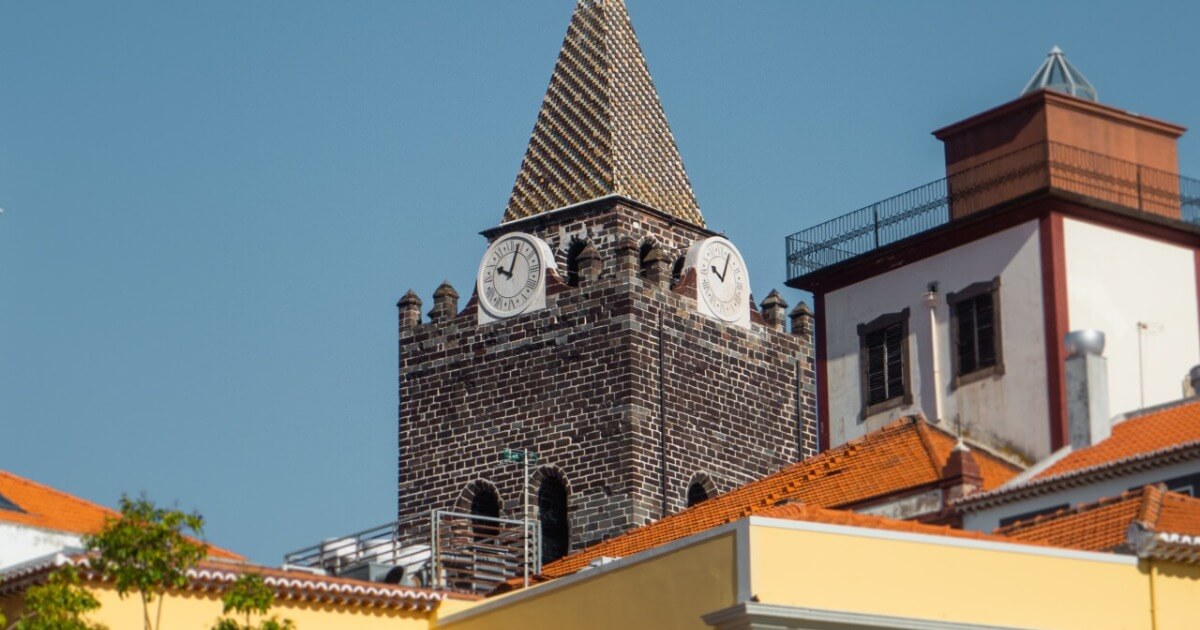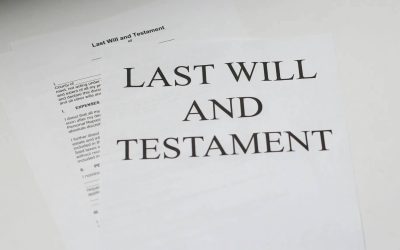After deep examination (or perhaps on instinct, like several of our clients who have fallen instantly in love with the island), you have decided to purchase real estate in Madeira island, the Pearl of the Atlantic. As attorneys and accountants, our team knows that investing in real estate is always a financial endeavour and that careful planning is essential when buying property in Madeira.
Things to know or do when buying real estate in Madeira
1. Hire a lawyer
It may sound cliché, but if you do not live in Madeira nor are acquainted with Portuguese and Madeiran law, a specialised real estate lawyer can represent, advise and guide you throughout the entire acquisition (or rental process). MCS works with English-speaking lawyers who dedicate themselves to advising expat clients investing in Madeira Island.
3. Due diligence when Buying Property in Portugal
Our lawyers will conduct legal, due diligence on the real estate property you wish to acquire. Such due diligence includes a survey and analysis of, at least, the following documents: Certidão do Registo Predial do Imóvel; Cardeneta Predial; Plano Director Municipal; Licença de Utilização; Ficha Técnica de Habitação.
The above documentation needs to be analysed before any agreement is signed to reduce the risks related to the property acquisition process as much as possible.
Technical due diligence by a Chartered Architect or Chartered Civil Engineer is also recommended to be carried out before property acquisition to assure that there are no structural damages to the home you intend to buy and to guarantee that any refurbishment plans that you wish to carry out are permitted by the municipality (or Regional Government) with jurisdiction over the property (or its premises).
4. Hire a surveyor
Although not a common practice among Portuguese property buyers, the exposure to the Anglo-Saxon market, has made it a familiar routine to hire a property surveyor before finalising the purchase of the property. Under Portuguese law, permanent members of the Order of the Architects and the Order of the Engineers are the only ones allowed to perform property surveys on the habitability conditions of a house or apartment.
5. Municipal Property Taxes
In Portugal, taxpayers pay an annual municipal property tax (IMI – Imposto Municipal Sobre Imóveis) as real estate property owners.
Liability to pay the IMI tax occurs when one owns the property on the last day of the respective tax year (calendar year).
Property tax rates range from 0,3% to 0,45%; these apply to the patrimonial tax value of the asset. While properties in rural areas are taxed at 0,8%, properties in more urban areas are taxed within the mentioned range. If a property has been re-valued since 2004, the abovementioned tax will fall between 0,2% and 0,5%. If a property was valued before 2004, the rate is between 0,4% to 0,8%.
On the other hand, should the property be owned through a corporation resident in blacklisted jurisdiction, the IMI rate will be 7,5%.
Apart from IMI, Municipal Property Transfer Tax (IMT – Imposto Municipal sobre as Transmissões Onerosas de Imóveis) is collected each time when a house is bought in Portugal.
Be sure to contact your lawyer or accountant for a simulation on the IMIT due before acquiring property and to know whether you are entitled to unique tax benefits or exemptions.
For more information on buying property in Madeira, please click here.
Tax Benefits
When selling real estate property in Portugal, including Madeira Island, it is possible to avoid capital gains tax, provided some conditions are met. Gains arising from the transfer of real estate destined for the taxable person’s own and permanent residence or that of his family are excluded from taxation, in Portugal, provided that the following conditions are cumulatively verified.
- The realisation value, less the amortisation of any loan taken out for the acquisition of the property, is reinvested in the acquisition of ownership of another property, of land for the construction of a property and or the construction thereof, or the extension or improvement of another property exclusively for the same purpose ( permanent residence) situated in Portuguese territory or the territory of another member state of the European Union or the European Economic Area, provided that, in the latter case, there is an exchange of information in tax matters;
- The reinvestment foreseen in the previous sub-paragraph is made 24 months before or 36 months after the date of the transfer.
- The taxpayer manifests the intention to reinvest, even partially, mentioning the respective amount in the tax return of the year of the transfer.
Please note that the tax benefit referred to above shall not apply when the real estate has benefited from non-refundable support granted by the State or other public entities for the acquisition, construction, reconstruction, or conservation works worth more than 30% of the property’s taxable patrimonial value for IMI purposes, is sold before ten years have elapsed since the date of its acquisition, the signing of the declaration of receipt of the works or the payment of the last expense related to the non-refundable public support, which, under the terms of the law or regulations, is not subject to any onus or special regimes that limit or condition the respective alienation.
Click here for more information on avoiding capital gain tax when selling property.
Is there a real estate bubble in Madeira?
Our Economist does think there is a real estate bubble in Madeira. However, Madeira’s economic history shows that real estate bubbles in Madeira are subject to a high time lag compared to their European mainland counterpart and sometimes take decades to burst.
This article is provided for general information purposes only and is not intended to be, nor should it be construed as, legal or professional advice of any kind.

Ambrosio Jardim has, since 1998, worked mainly in the areas of commercial law (corporate, mergers and acquisitions, joint ventures, restructuring and planning), national and international tax law and real estate…. Read more




